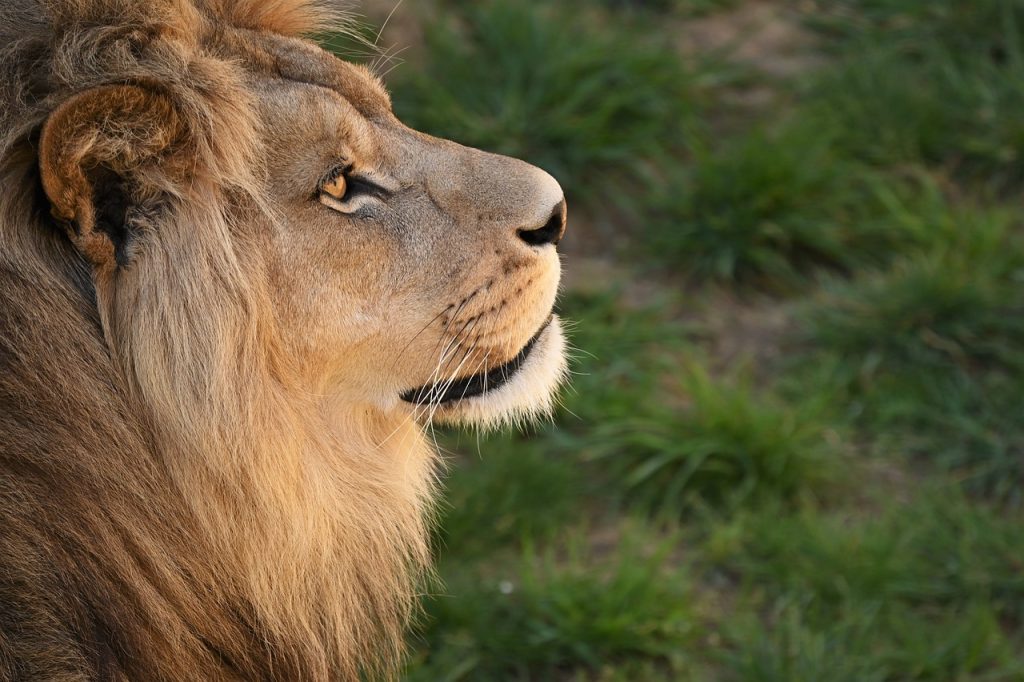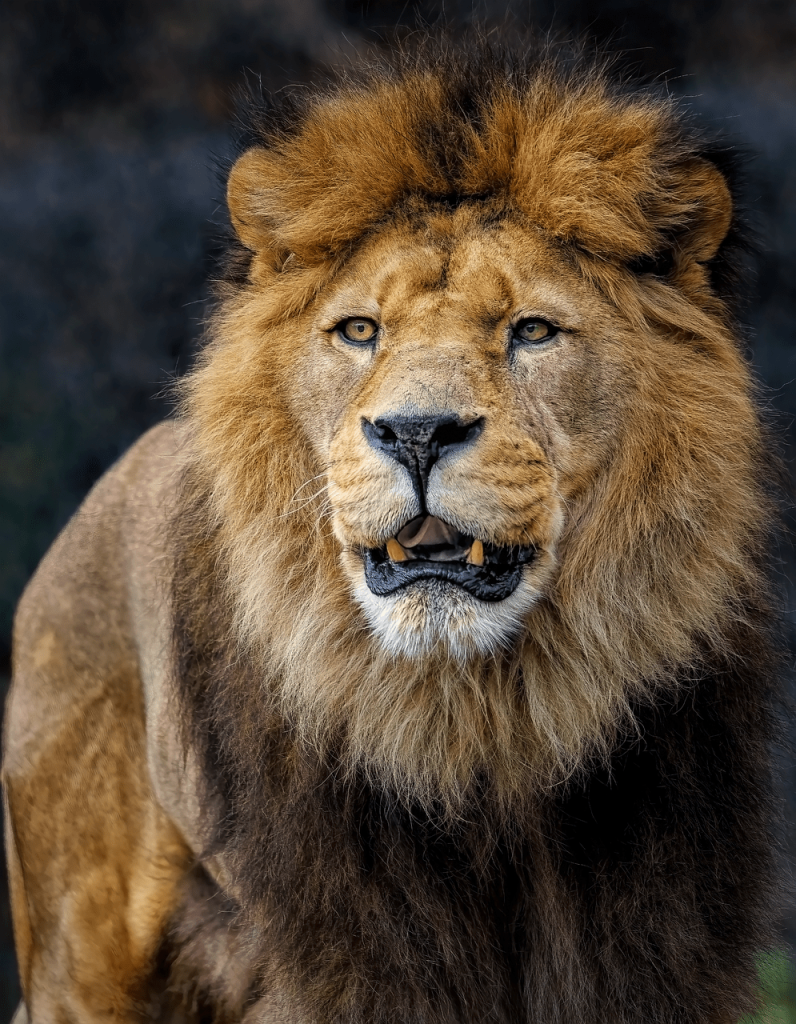Have you ever wondered if lions can actually sing songs like in the movies? Despite their powerful roars, lions do not possess the vocal cords or brain structures necessary to produce the complex sounds required for singing. While they may not be belting out melodies anytime soon, their roars are still quite impressive and serve important purposes in communication within their pride and marking their territory. So while lions may not be able to croon like a pop star, their unique vocalizations are definitely noteworthy in the animal kingdom.
Can Lions Sing Songs?
Have you ever wondered if lions can sing like birds or humans? Let’s take a closer look at whether these majestic animals have the ability to produce melodic sounds or not.
Understanding Lion Vocalizations
Lions, like many other big cats, are known for their powerful vocalizations. They use a variety of sounds to communicate with one another and establish their territory. These sounds include roars, grunts, growls, and even snarls. While these vocalizations are essential for lions to survive in the wild, singing songs in the traditional sense is not part of their repertoire.
Sure, lions can roar, but can they actually sing a tune like we do? Let’s delve deeper into the science of lion vocalizations.
Roaring vs. Singing
While roaring may sound somewhat melodious, it is essentially a form of communication and not singing in the musical sense. A lion’s roar can be heard from up to 5 miles away and serves as a way to communicate with other members of their pride and warn off potential threats. Roaring is a deep and powerful sound that is unique to lions and plays a significant role in their social behavior.
So, while lions may not be singing songs like we do, their roars serve a similar purpose – to communicate with one another and establish their presence in the wild.

The Science Behind Lion Vocalizations
To understand why lions can’t sing songs like other animals, we need to look at the biology and anatomy of these majestic creatures. Lions have a unique structure in their larynx and vocal cords that allow them to produce deep, resonant roars. This specialized anatomy is what gives lions their signature roar and sets them apart from other animals.
Larynx and Vocal Cords
The larynx, also known as the voice box, is an important organ in the throat that houses the vocal cords. In lions, the larynx is specially adapted to produce the deep and powerful roars that they are known for. The vocal cords of lions are thicker and longer than those of other animals, allowing them to create the low-frequency sounds that characterize their vocalizations.
So, while lions may not be able to sing songs in the traditional sense, their unique larynx and vocal cords enable them to produce the distinctive roars that are synonymous with these majestic creatures.

Lion Communication through Vocalizations
Lions use vocalizations to communicate with one another and maintain social bonds within their pride. While they may not be able to sing songs like birds or humans, lions have a complex system of sounds that serve specific purposes in their daily lives.
Roaring
As mentioned earlier, roaring is one of the most important forms of vocalization for lions. It serves as a way for them to communicate with other members of their pride, both near and far. A lion’s roar can convey information about their size, strength, and territorial boundaries, helping them to establish their dominance in the wild.
Growling and Grunting
In addition to roaring, lions also use growls and grunts to communicate with one another. Growling is often a sign of aggression or frustration, while grunting can indicate contentment or relaxation. These vocalizations play a crucial role in maintaining social order within the pride and are essential for lions to coexist peacefully.
Snarling
Snarling is another vocalization that lions use to communicate with one another. It is often a sign of anger or defensiveness and serves as a warning to other members of the pride. Snarling can escalate into more aggressive behavior, such as fighting, if the source of the conflict is not resolved.
While lions may not be singing songs in the traditional sense, their vocalizations are a vital part of their social behavior and play a critical role in their survival in the wild.

Conclusion
So, can lions sing songs? While these majestic creatures may not be able to produce melodic tunes like birds or humans, they have a unique system of vocalizations that enable them to communicate effectively with one another and establish their presence in the wild. Lions may not be singing songs, but their powerful roars and other vocalizations are an essential part of their identity and behavior as apex predators. Next time you hear a lion roar, remember that it’s not a song – it’s a powerful form of communication that is crucial for their survival.


